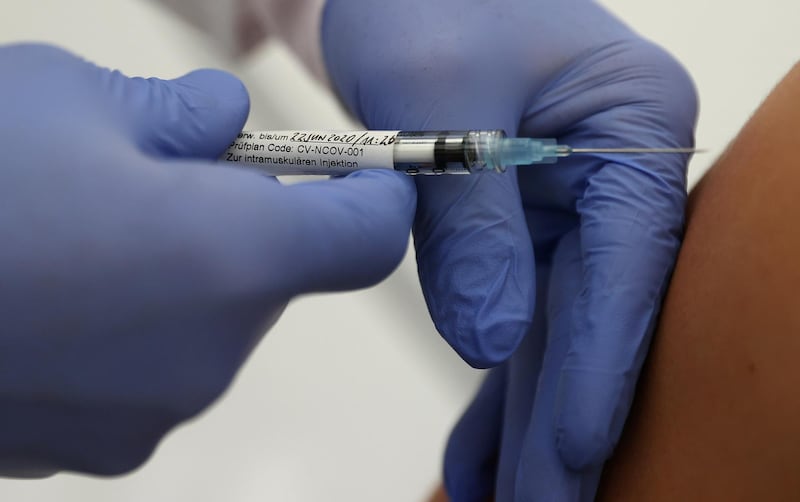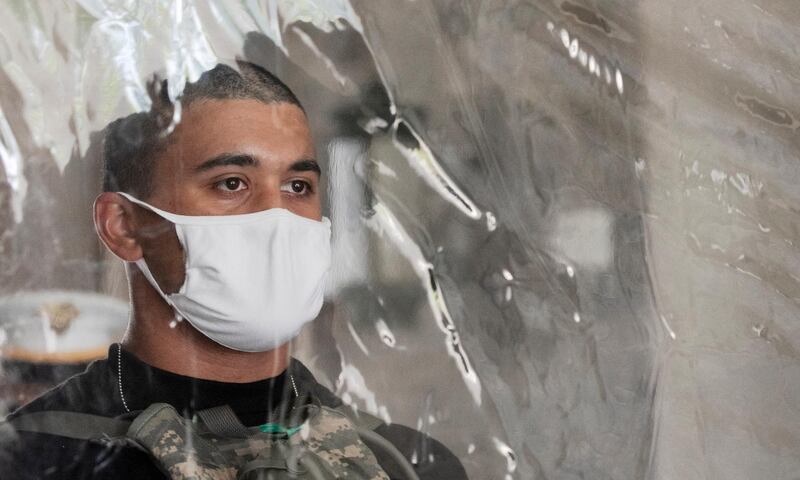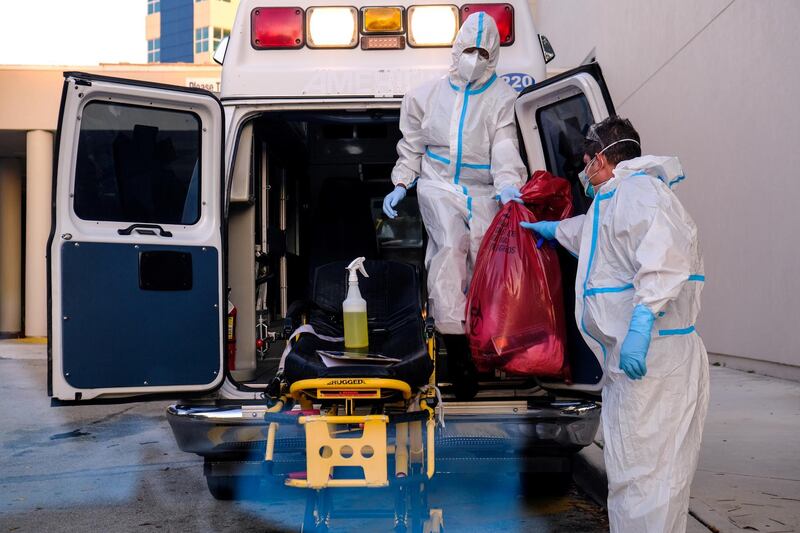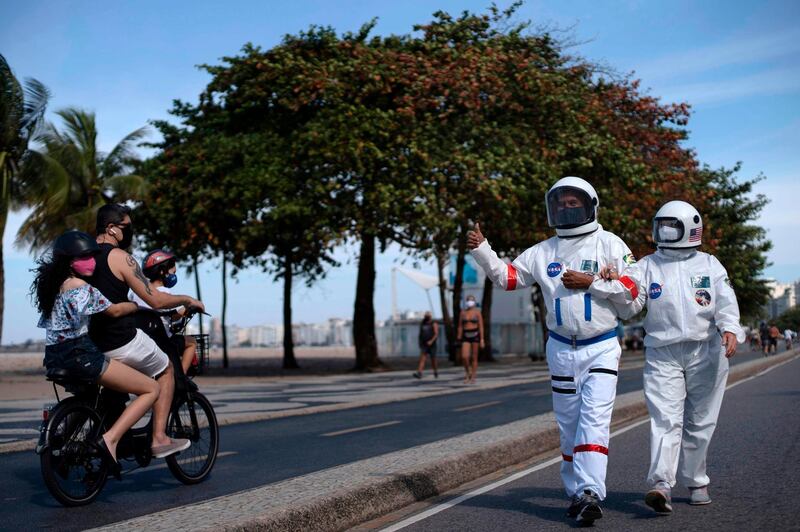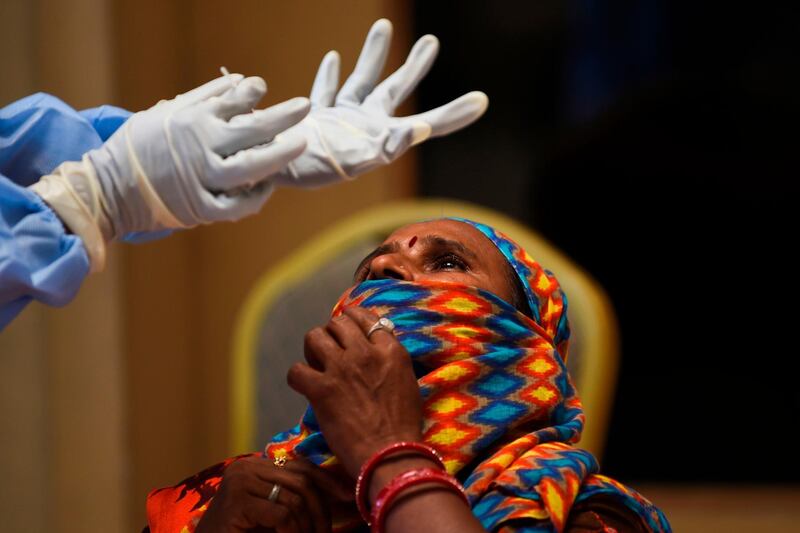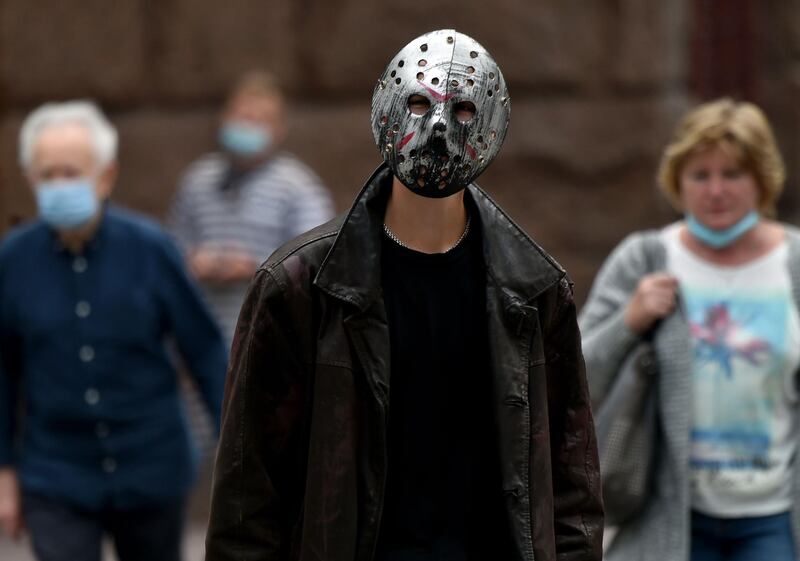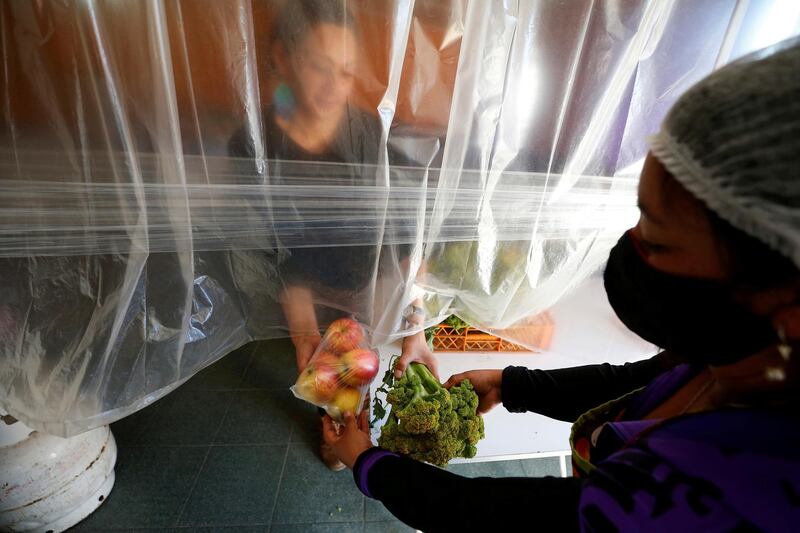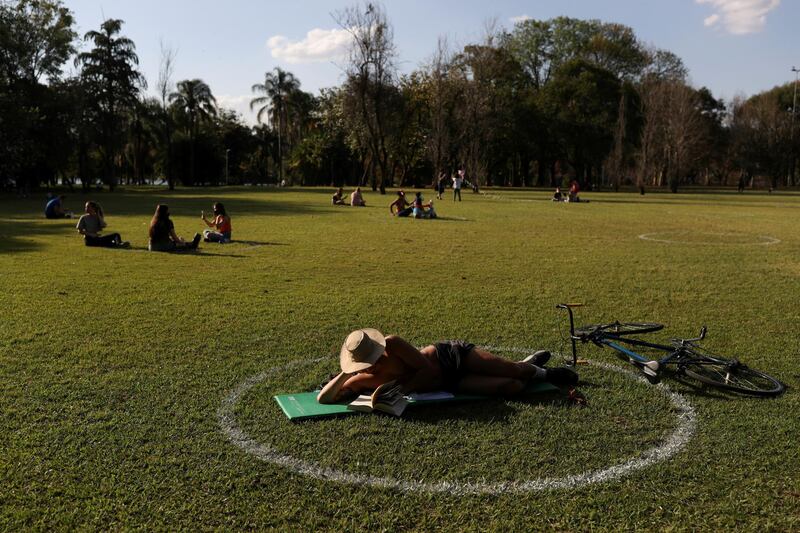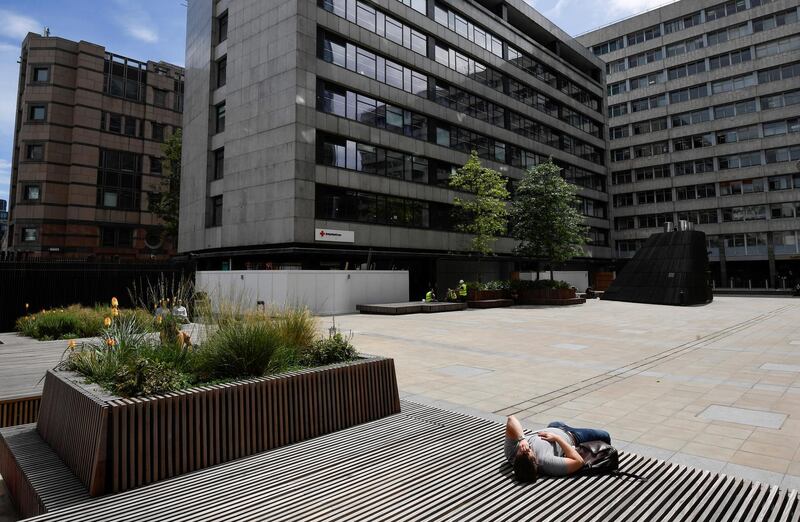Researchers in Germany say they are surprised at the high number of people willing to serve as guinea pigs to help test a vaccine for the coronavirus after they were inundated with thousands of volunteers for the trial of an experimental drug.
Around 4,000 people have so far signed up to test the effectiveness of a potential Covid-19 vaccine being developed by the biopharmaceutical company CureVac.
The large volume of volunteers took the research team, which usually struggles to find willing participants for its studies, by surprise.
Peter Kremsner, one of the study’s directors, told the DPA news agency: “It’s a real luxury situation, unlike usual clinical trials.
“Normally we have trouble coming up with enough test subjects,” he added.
The clinical study began last month at University Hospital in Tuebingen, near the southern German city of Stuttgart.

Mr Kremsner said around 50 people had already been given the experimental drug and none had shown surprising side effects.
The trial intends to test 168 people, meaning many of the would-be volunteers will not take part.
Similar tests, however, are due to take place in the German cities of Munich and Hanover, as well as in Ghent, Belgium. The first results are expected in August.
CureVac, which is headquartered in Tuebingen, specialises in developing a type of vaccine that uses molecules known as mRNA to encourage cells in the body to produce the same proteins found in the novel coronavirus. The vaccinated patient’s body then recognises the protein as foreign and will respond with antibodies, resulting in immunity to the virus.
The German government has given strong backing to the CureVac vaccine, announcing last month that it would acquire a stake in the company worth €300 million (Dh1.2 billion).
The government, like many others around the world, is counting on a vaccine to help it beat the virus and begin to undo the economic damage wrought by the pandemic.
Willingness to try new vaccine declining in Europe
Despite the stronger than expected response to the clinical trial, a growing number of Europeans are undecided about whether they would get vaccinated against the virus when an effective drug is available.
Some 7,000 people in Germany, Britain, the Netherlands, Italy, France and Portugal were surveyed on their attitudes to a potential vaccine in April and June, Germany's Suddeutsche Zeitung newspaper reported on Sunday.
Nearly three quarters (74 per cent) of those who responded in April indicated they would be willing to be vaccinated. Researchers found that proportion had dropped to 68 per cent in June.
The waning enthusiasm among respondents was particularly clear in Germany, where willingness to take a new vaccine dropped from 70 per cent to 61 per cent.
Jonas Schreyogg of the University of Hamburg, which worked with several other European institutions to carry out the survey, said however that only a small number of respondents were outright opposed to vaccination.
"These people are not the problem," he told Suddeutsche Zeitung.
But the increasing number of people who are on the fence about taking a new vaccine for Covid-19 poses a challenge to European governments and scientists alike, who have all identified effective immunisation as central to allowing a return to pre-pandemic norms.
Mr Schreyogg was optimistic that scientists and researchers could work to convince those who were unsure of the safety or potential side effects of the new vaccine.
“On the positive side, this means that the willingness to get vaccinated could be significantly increased if we succeed in giving these people more security,” he said.
Transparency in the testing and approval process as well as public education campaigns would both be vital to persuading Europeans to come down from the fence in favour of vaccination, he added.
